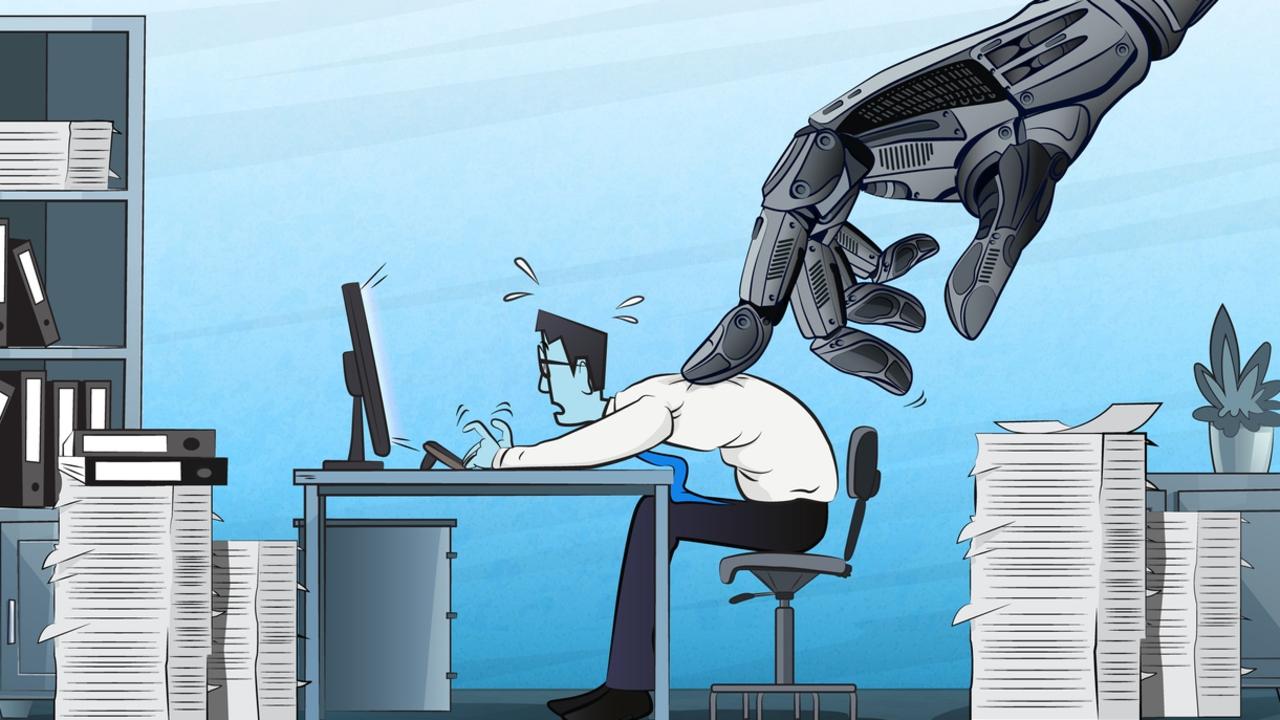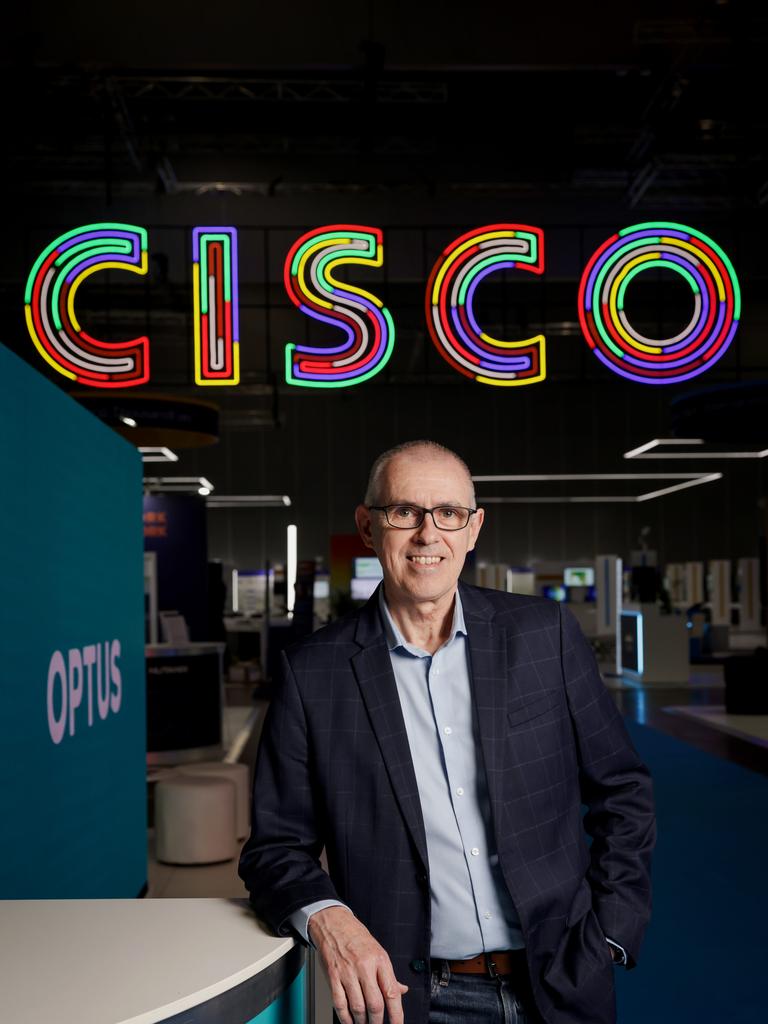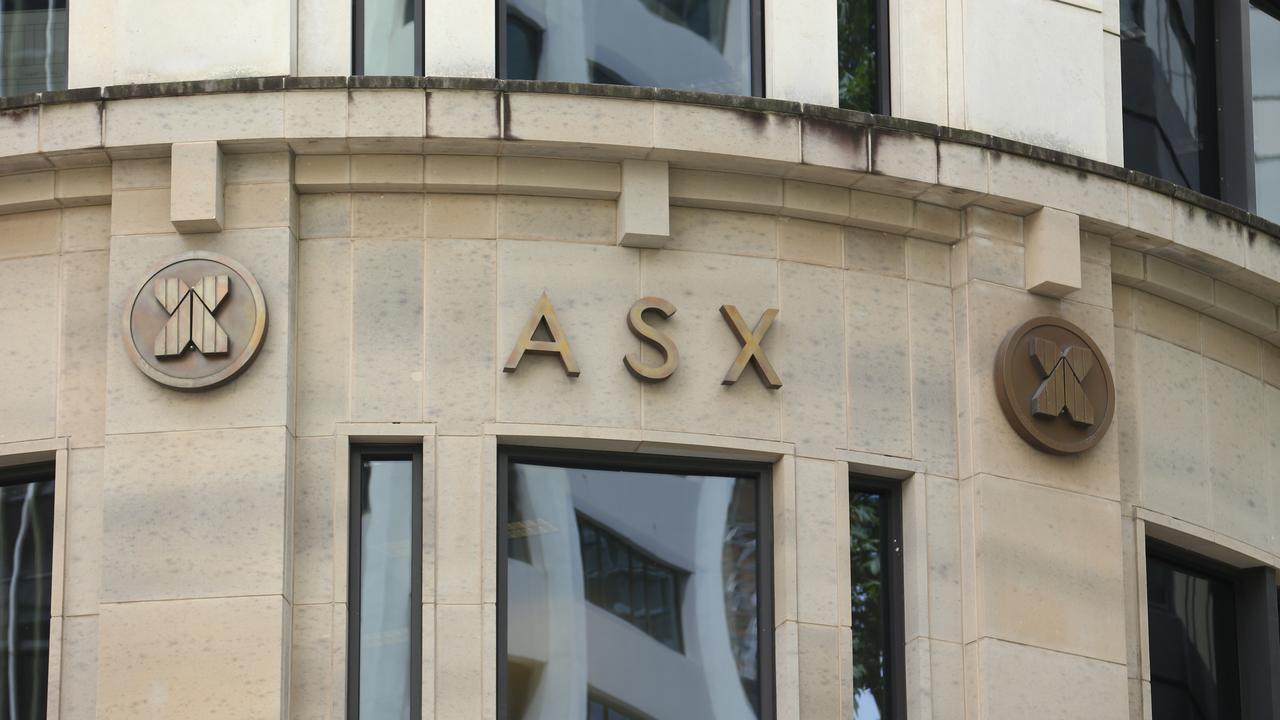Australian companies get AI reality check as investors pull back on deals: Cisco
Investments in artificial intelligence are failing to pay off, a new survey shows, despite Australian companies feeling pressured to invest in the technology.

Business
Don't miss out on the headlines from Business. Followed categories will be added to My News.
Australian companies have been given an artificial intelligence reality check, with 58 per cent of those who have invested in programs and applications saying the technology has fallen short of expectations.
Meanwhile, 70 per cent of investors have pulled out of active deals due to AI considerations.
Cisco’s AI readiness index, formulated for the second time this year, has found that 38 per cent of companies allocate between 10 to 30 per cent of their IT budget to AI, despite many not seeing a return on the investment.
Carl Solder, the company’s Australian chief technology officer, said about half of the companies surveyed find AI has not hit the mark with processes and operations. About 44 per cent see no improvement or not enough in automating their businesses.
“I think the reality is that they started to appreciate the work and effort involved in getting all those building blocks squared away, and the strategy, infrastructure data governance, talent and culture,” he said.
“The reality is that maybe there is a little bit more work that we have to do to be fully prepared.”
Cisco’s index measured the responses of 3660 senior business leaders from companies with 500 or more staff across 14 countries in the Asia-Pacific.

The index found just 4 per cent of the country are in a position to leverage AI, down from 5 per cent the previous year.
Mr Solder said 92 per cent of companies were facing increasing pressure to adopt AI.
Most of that pressure comes from chief executives and boards and it has risen over the past six months.
“Fifty-six per cent of those organisations said that the pressure has increased significantly,” Mr Solder said.
More than one fifth of companies plan to allocate 40 per cent of their IT budget to AI over the next four to five years.
Meanwhile, Bain has found that investors believe generative artificial intelligence will not add much value in 2025, believing it will take up to three years to see the full benefit.
A number of investors said that just 20 per cent of their portfolio companies had Generative AI use cases that were “delivering value”. About 30 per cent of portfolio companies are still testing or developing AI use cases.
Similarly to Cisco, Bain found that AI investments are four times more likely to disappoint investors than they are to exceed expectations.
Over the past 12 months, AI agents – chatbots that use “large language models” to undertake tasks such as reading and responding to emails – have been cited as one of the first major uses of the technology.
But Australian workers disagree, with a recent EY report finding that just 37 per cent of employees are comfortable with their companies introducing AI assistants and just 31 per cent thinking AI chatbots are helpful for customer service.
That report says the integration of AI in the workplace has been met with mixed responses.
More than half of those surveyed are deeply concerned that AI could result in job losses. That fear is greater for women: 59 per cent are concerned about job losses, compared to 51 per cent of men.
Meanwhile, 40 per cent are “deeply uncomfortable” with AI being used to monitor their behaviour and 46 per cent don’t want AI to provide efficiency recommendations.
Almost half of respondents are uncomfortable with AI taking on employee performance reviews and 52 per cent don’t wish to be interviewed by a chatbot when going for a new role.
Almost two thirds of respondents – 62 per cent – are worried that employees will attempt to manipulate the way they think with AI applications.
EY chief technology officer Katherine Boiciuc said there were real “innovation versus insecurity” and “progress versus privacy” issues.
“On the one hand, there’s recognition of the benefits AI can bring to business and people, suggesting an openness to the potential for it to enhance productivity and improve work-life balance,” she said.
“On the other hand, there is a level of discomfort and concern among Australians about the broader implications AI might have on their employment, workplace culture and privacy.”
It was clear AI used in a supervisor-type role “has also struck a nerve” and the technology was fuelling “insecurities” in the workplace, especially “among those in manual labour/skilled trades and among women”.
More Coverage
Originally published as Australian companies get AI reality check as investors pull back on deals: Cisco









